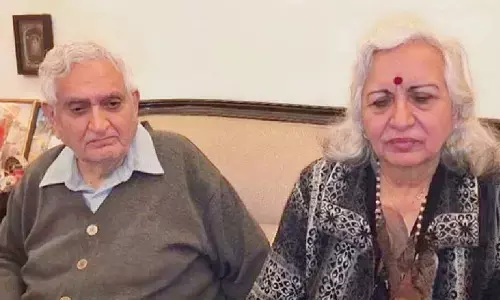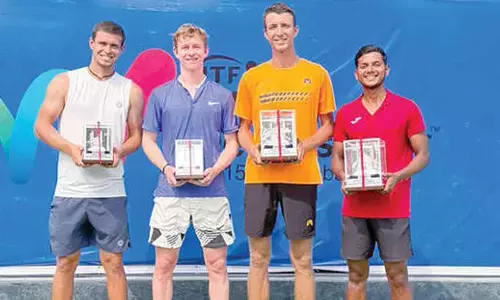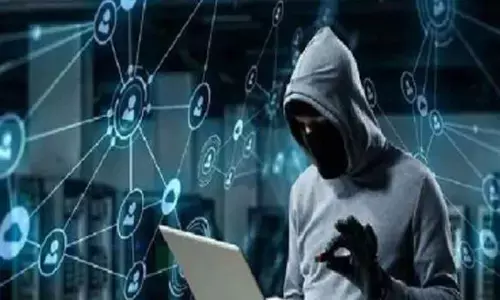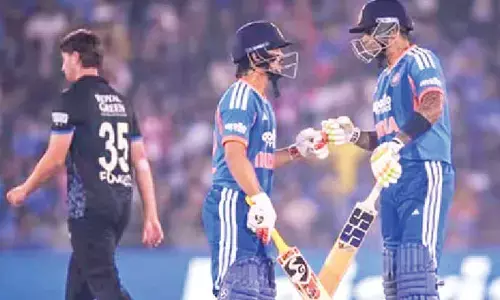There is a magic in sports
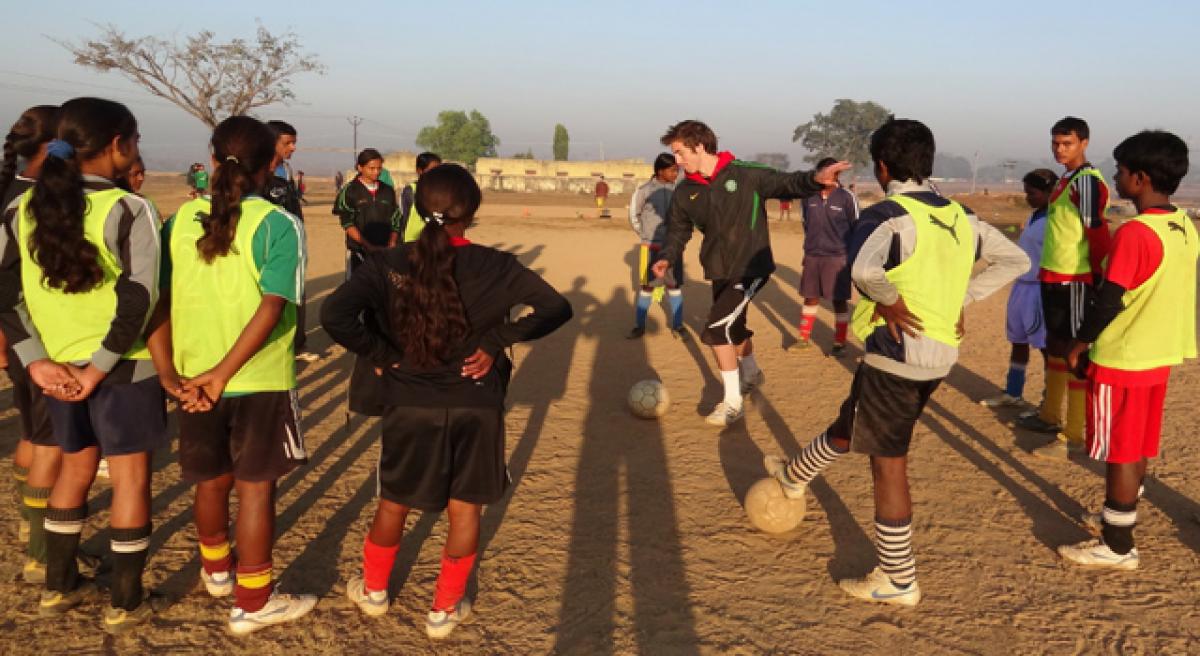
India is celebrating women power in sport. Two young, talented sportspersons have defied social norms and worked relentlessly to etch their name in the history books – Haryana girl Sakshi Malik is first female wrestler to win an Olympic medal, while the southern smasher PV Sindhu is first to bring home an Olympic silver in badminton.
India is celebrating women power in sport. Two young, talented sportspersons have defied social norms and worked relentlessly to etch their name in the history books – Haryana girl Sakshi Malik is first female wrestler to win an Olympic medal, while the southern smasher PV Sindhu is first to bring home an Olympic silver in badminton.
Indeed, sport has emerged as one of the best ways to trash stereotype and set change in motion. Phumzile Mlambo-Ngcuka, UN Under-Secretary-General and UN Women Executive Director, shares her views on the contribution of sport to achieve gender equality and end violence against women and girls.
The work that we do for and about women and girls is often about the things women are fighting against. Sports give us an opportunity to do something that puts girls and women in the best, positive light. It shows off their strength and their capacity to be winners.
But sports are also important in our society and in the work that we do because they provide particular skills that women need in the world of work and in their private life: the capacity to be a team player, the spirit and the will to win fairly, the importance of looking after your body and being healthy and, of course, what you get out of being in a happy state, which is what sports also do.
Sports can be an important source of income for women. [Recently] we were discussing equal pay for work of equal value. The former captain of the US Women’s World Cup team, Abby Wambach, shared what happened to her team, and how despite being one of the top goal scorers in the world among both men and women, she is paid less than the many men who are her counterparts, but who have scored fewer goals.
And last year when the US team won the Women’s World Cup in football they were paid 90 per cent less than the winning men’s team and four times less than the losing men’s team from the US. I mean how [does this happen]? I don’t even have the words [to express my shock at such a prejudiced attitude].
As sport is a source of income for women it is therefore also important to support and protect women’s interests so that they can also thrive from it. Sports have given us an opportunity to form exciting partnerships. Brazil, as a country, is a partner to us [UN Women] and to the IOC [International Olympic Committee].
And together in Brazil, we intend to enrich and impact all the girls and boys in the communities of Rio through the use of sports and through addressing all kinds of issues from empowerment to self-esteem. And that also will be a legacy that we will together leave for the people of those cities and those communities.
We obviously also participate very actively in advocating for representation of women in all sporting bodies from FIFA to the IOC, as well as to national level clubs and associations. We have a wonderful relationship with Valencia Football Club, which at this point in time, has also helped us to take HeForShe [UN Women campaign] into the sporting arena. Through this relationship, we are engaging men and boys.
We are able to also project some of the positive masculinity—the things that men can do in order for them to influence their friends positively. On their jerseys Valencia players wear the UN Women logo. And again that causes a conversation. Who is this UN Women? What do they stand for? Why are they wearing this logo?
And this just gives us another opportunity to have a conversation. Again, another opportunity that sports is helping us with—to take the message further to an unlikely audience. As a classical UN entity, we are less likely to speak to the audiences that go to the stadium. It is only those who know how to play, just a few of us, who can speak to that audience.
So, it therefore becomes important that in thinking about Agenda 2030 and in thinking about the Sustainable Development Goals, we see sports as one of the important building blocks to take us there, because women themselves address the stereotypes.
You cannot take away good talent. So once you put in place someone who has talent and they do their thing, you trash the stereotype of what girls can do. There is a magic in sports. And we are part of that magic.
By: Phumzile Mlambo-Ngcuka
(This article is part of UN Women’s ‘Step It Up for Gender Equality’ campaign)



